Tattoo Cracking: What It Is, Causes, And How To Prevent It
Crumbling tattoos need not worry you anymore – learn how you can protect your skin art.

Image: Shutterstock
Tattoo cracking is quite a common occurrence and often a matter of concern among ink enthusiasts as well as tattoo professionals. It is the undesirable phenomenon where the drying and/or dry tattoos develop fine lines resembling cracks. This occurrence can compromise the integrity of the ink and overall aesthetic of the tattoo. Understanding the causes of tattoo cracking is pivotal for aficionados seeking longevity and vibrancy in their body art. While various factors contribute to this issue, from inadequate aftercare to improper tattooing techniques, prevention is key to dealing with tattoo cracks. Embracing meticulous aftercare methods, including moisturizing to keep the tattoo hydrated, and protecting the tattoo from harsh elements, can significantly mitigate the risk of cracking. In this article, we delve into the intricacies of tattoo cracking, explore its root causes, and provide practical insights on safeguarding the longevity and visual appeal of your cherished ink. Take a look!
In This Article
Symptoms Of Tattoo Cracking
Here are some signs to watch for in your tattoo to identify a case of tattoo cracking.
- Peeling With Small Cracks: Light peeling and minor cracks are common and often accompanied by flaking skin. These usually resolve on their own.
- Dryness And Tightness: A tattoo that feels tight and dry might develop fine cracks. This is a sign your skin needs more hydration.
- Bleeding Or Deep Cracks: Visible bleeding or deep, painful cracks may indicate excessive dryness or improper aftercare.
- Swelling And Redness: Persistent redness or swelling around the tattoo could signal an infection.
- Discharge Or Odor: Pus-like discharge or an unpleasant smell may indicate an infection requiring immediate attention.
- Color Fading Or Patchiness: Cracking that disrupts the tattoo’s design or causes significant fading might need a touch-up.
Some minor cracking and peeling is a natural part of the tattoo healing process. However, severe cases of tattoo cracking can also occur. But why does this happen? Let us now understand the reasons behind the tattoo cracking.
Why Is My Tattoo Cracking?
Tattoo cracks can be concerning, and there are several potential reasons for this issue. Read below for some possible causes of tattoo cracking.
1. Poor Aftercare
A proper aftercare routine is crucial for a successful tattoo healing process. Inadequate cleaning, friction from tight clothes or towel rubbing, and dehydrated skin from a lack of moisturization can lead to dry skin and cracking. It’s essential to follow your tattoo artist’s aftercare tips, use the recommended products along with a curative ointment, if needed, and keep the tattooed area clean and moisturized to prevent issues.
2. Sun Exposure

Excessive exposure to sunlight, especially during the initial tattoo healing period, can damage the freshly tattooed skin. Furthermore, lack of proper sun protection may lead to tattoo fading and cracking over time. It’s advisable to keep your tattoo covered or apply adequate sunscreen to protect it from harmful UV rays.
3. Overworking The Skin
Aggressive tattooing techniques can result in traumatized skin, making it more prone to issues such as cracks. Additionally, tattooing over the same area repeatedly can contribute to problems, such as increased susceptibility to cracks, impaired healing, and excessive bleeding from tattooing over the same area without allowing sufficient healing time. Choosing experienced tattoo professionals is crucial to avoiding overworking the skin.
4. Infections
Infections can cause inflammation, leading to skin cracking. Maintaining proper hygiene during the tattooing process and following aftercare guidelines is essential to prevent infections. If you observe that your fresh ink is becoming increasingly painful, is oozing fluids, or any other signs of infection, seek medical attention promptly.
5. Allergic Reactions
Allergic reactions to the tattoo ink or aftercare products may cause skin irritation, redness, and cracking. It’s crucial to use hypoallergenic products and be aware of any allergies before getting a tattoo. If you notice unusual reactions, consult with a healthcare professional immediately.
6. Skin Conditions
Pre-existing skin conditions like eczema or psoriasis can interfere with the healing process and contribute to cracking. Individuals with sensitive skin may be more prone to tattoo-cracking and related healing issues. It’s important to inform your tattoo artist of any existing skin conditions before getting a tattoo.
7. Ink Quality
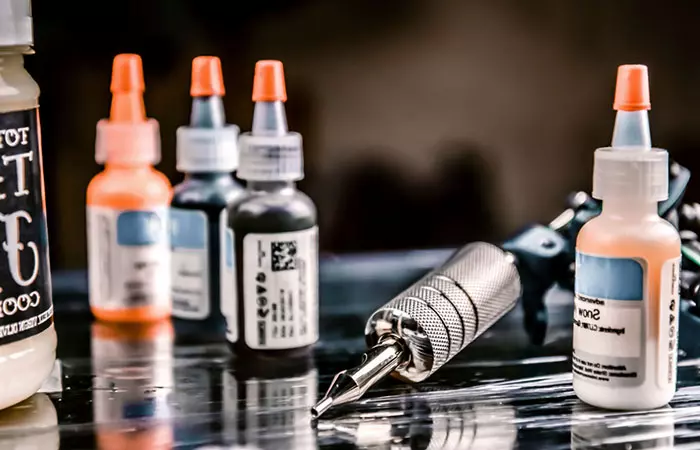
Your new tattoo exists below the skin’s top-most layer, in the dermis, and low-quality or expired tattoo ink may not hold well in the skin, leading to issues such as cracking. Using the wrong ink for specific skin types can also be a contributing factor. Choose a reputable tattoo artist and inquire about the quality of ink they use before going ahead with the tattoo session.
8. Overexertion Or Friction
Excessive movement or rubbing or friction against the tattooed area, especially during the initial healing phase, can cause the skin to crack. Tight clothing, heavy lifting and/or coming in contact with abrasive materials are some actions that can contribute to this issue. Be mindful of the clothing you wear and avoid activities that may irritate the tattoo.
9. Dehydration

Inadequate hydration can affect the overall health of the skin and impede the healing process and formation of tattoo scabs. Daily water intake and proper hydration and maintenance of the skin moisture barrier is crucial for maintaining skin elasticity. Drink plenty of water to support the healing of your tattoo and overall skin health.
10. Age Of The Tattoo
Over time, tattoos naturally fade, and the skin undergoes changes, potentially leading to cracks. While this is a natural part of the aging process for tattoos, keeping the skin moisturized and protected can help maintain the tattoo’s appearance for an extended period. Regular touch-ups can also be scheduled for larger inks to refresh them and reinstate the tattoo’s vibrancy.
Now that we are all caught up regarding some of the potential causes for tattoo cracking, read on to find out whether this is a commonplace phenomenon.
Key Takeaways
- Tattoo cracking may result from diverse factors like poor aftercare, excessive sun exposure, overworking the skin, infections, and additional causes.
- Tattoo cracking is normal in the healing process, typically occurring within the first couple of days to weeks after getting a tattoo.
- Ensure proper care by cleaning and moisturizing your tattoo, while also avoiding water submersion and refraining from scratching.
- If you observe any anomalies such as redness, rashes, or discharge impacting the healing process, seek prompt medical attention.
Is Tattoo Cracking Normal?
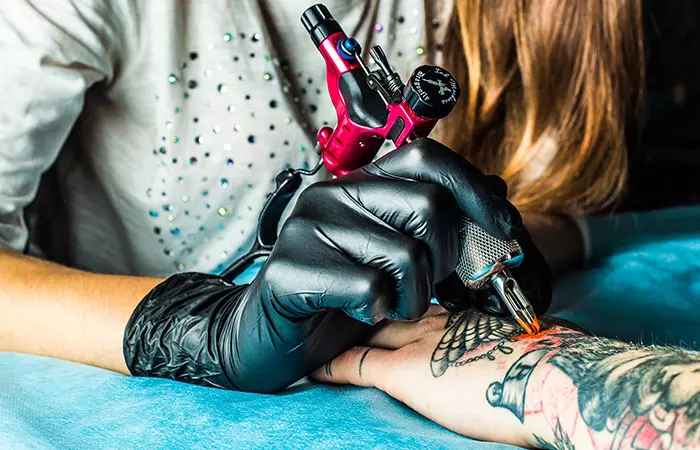
Tattoo cracking, characterized by the appearance of fine lines on or flaking of the tattooed area, is actually quite a normal incidence during the healing process. Since a fresh tattoo is akin to an open wound, tattoo peeling, cracking, and scabbing often occur as the skin regenerates and heals. However, if there are excessive cracks or other concerning symptoms of an infection appear (such as pus filled boils or increasing pain), consulting a professional tattoo artist or healthcare provider is encouraged for personalized guidance and care.
In the following section, uncover the answer to whether tattoo cracks are there to stay.
Does Tattoo Cracking Go Away?
Yes, tattoo cracking typically diminishes as the healing process progresses. It is a common part of the initial healing stage, usually occurring within the first few days to weeks after getting a tattoo. Consistent and proper aftercare, such as keeping the tattoo moisturized and away from harsh conditions, helps the skin heal and reduces the appearance of cracking. Over time, the skin regenerates, and the tattooed area should regain a smooth appearance.
If your tattoo is exhibiting signs of cracking, below are some recommended actions to follow and others to avoid.
Things To Do And Not To Do
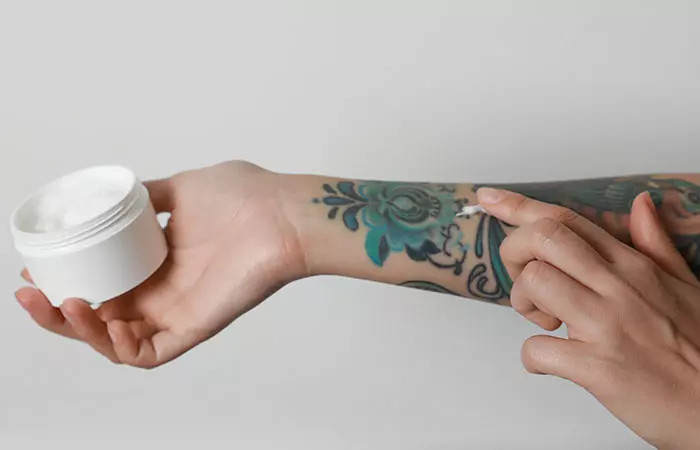
Things To Do:
1. Keep It Clean
- Gently wash the tattooed area with a mild soap that is fragrance-free and lukewarm water.
- Pat dry with a clean, paper towel.
2. Apply Recommended Ointment
- Follow your tattoo artist’s instructions and apply a thin layer of the recommended healing ointment.
- Use products specifically designed for tattoo aftercare.
3. Moisturize
- Keep the tattoo moisturized with a fragrance-free, alcohol-free lotion.
- Apply the tattoo lotion regularly to prevent dryness and itching even after healing.
 Quick Tip
Quick Tip4. Be Mindful of Scabs
- Let the scabs naturally form and fall off.
- Gently wash over scabs during cleaning without disrupting the healing process.
5. Wear Loose Clothing
- Opt for loose, breathable clothing to prevent friction and irritation.
- Avoid tight or abrasive fabrics that might rub against the tattoo.
Things Not To Do:
1. Avoid Submerging In Water
- Refrain from soaking the tattoo in pools, hot tubs, or baths and using warm water.
- Limit the tattoo’s exposure to water, especially during the initial healing stages.
2. Don’t Overdo It
- Refrain from over-moisturizing; a thin layer of ointment or lotion is sufficient as excessive moisture can lead to complications in the healing process.
- Try not to rub the healing area excessively during any application of products.
3. Say No To Scratching
- Resist the urge to scratch the tattoo, even if it becomes itchy.
- Scratching is a major no-no as it can damage the scabs on the healing skin and affect the tattoo’s appearance.
4. Refrain From Peeling The Skin
- Do not peel or pick at peeling tattoo skin or scabs.
- Let the skin naturally shed without interference to prevent scarring.
5. Do Not Experiment With Products
- Do not use random lotions, ointments, or home remedies without consulting your tattoo artist.
- Stick to the recommended aftercare products to ensure proper healing.
 Quick Tip
Quick TipJason Sorrell, a blogger, writer, and tattoo artist, chronicles a 15-day tattoo healing process, noting variations due to individual body chemistry. The journey included initial redness, sensitivity to sunlight, and a gradual transition from scabbing to peeling. He mentions, “Day 5. Starting to see a little bit of scabbing and the slightest beginning of a peel. Day 6. Now the skin is really starting to loosen up. I apply lotion at least 3 times a day after every wash (i).” He also added that he was careful with maintenance through gentle washing and moisturizing that led to a vibrant, healed tattoo by day 15 of the remainder of the six-month full recovery timeline.
Usually, tattoo cracking is not a significant issue, but seek immediate medical advice if you observe the following indicators.
When To See A Doctor?
- Persistent redness, swelling, or excessive heat around the tattoo.
- Prolonged and worsening pain or discomfort.
- Severe or excessive cracking or peeling of the tattooed skin.
- Development of unusual rashes, bumps, or blisters.
- Allergic reactions like excessive itchiness, hives, or difficulty breathing.
- Foul-smelling discharge or pus oozing from the tattooed area.
- Any concerns or abnormalities making the healing process persist beyond the expected timeframe.
Conclusion
Tattoo cracking is pretty normal with new tattoos, especially while they are drying and healing. Additionally, it may also be induced due to various reasons, such as not taking care of the fresh ink properly, exposing it to harsh sunlight for too long, or working on the skin too much without allowing it time to heal. The good news is that it’s manageable and easy to treat. Following the recommended tattoo aftercare tips and dealing with the issues quickly can help keep beautiful tattoos looking good, without any unwanted cracks. However, if cracking occurs along with bleeding, swelling, pain, or other signs of infection or allergy, it’s important to see a medical professional immediately.
Frequently Asked Questions
Can a thick tattoo scab cause tattoo infection?
Yes, a thicker scab can potentially harbor bacteria, increasing the risk of infection. It’s crucial to follow proper aftercare, avoid picking at scabs, and consult a professional if signs of infection arise.
Why does my new tattoo look wrinkled?
Your new tattoo may appear wrinkled due to the healing process involving scabbing and peeling, which is normal.
Why is my old tattoo cracking?
Cracking in an old tattoo can occur due to aging skin, sun exposure, use of inferior ink, or inadequate moisturization.
Illustration: Tattoo Cracking: What It Is Causes And How To Prevent It
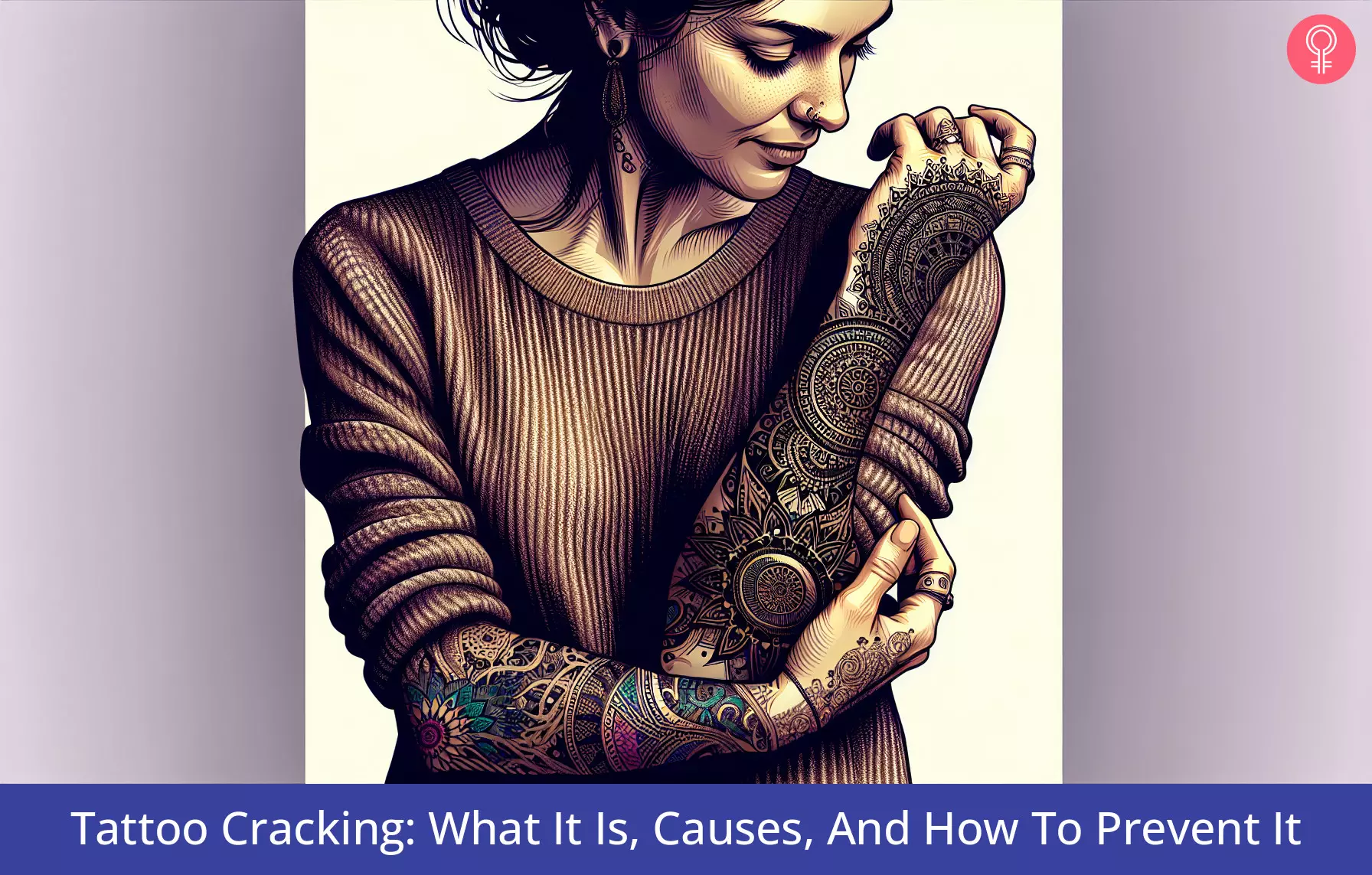
Image: Dall·E/StyleCraze Design Team
Ever wondered how your tattoos go through the peeling phase? This video discusses the tattoo healing process and addresses common concerns. Ready to understand your ink better? Watch now and ensure your tattoo journey is smooth and the end result vibrant!
Personal Experience: Source
StyleCraze's articles are interwoven with authentic personal narratives that provide depth and resonance to our content. Below are the sources of the personal accounts referenced in this article.
(i). A Tattoo Healing Processhttps://thetattoonerd.blogspot.com/2013/10/a-tattoo-healing-process.html
Read full bio of Mengni Yang
Read full bio of Pahul Nanra
Read full bio of Madhumati Chowdhury
Read full bio of Manjari Uppal






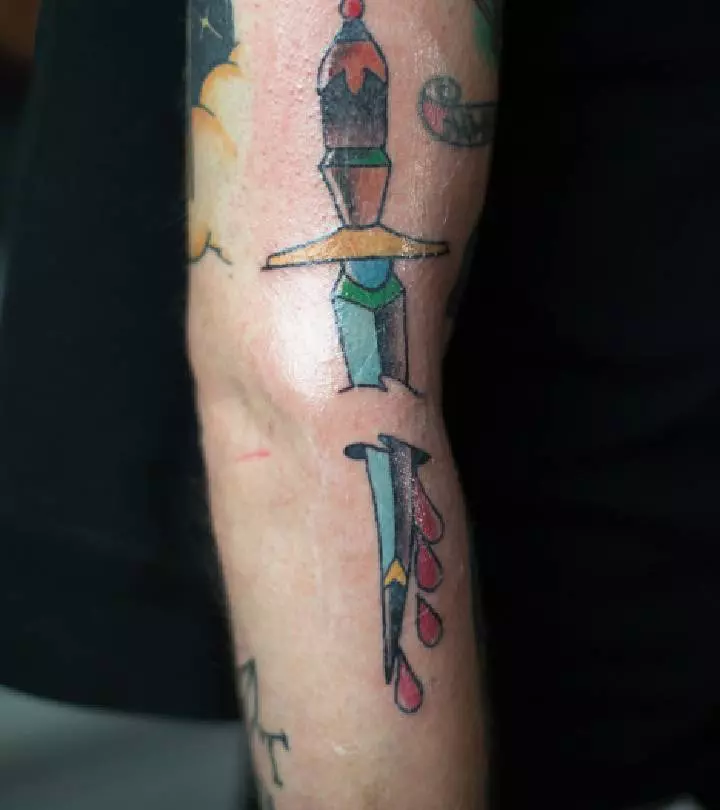

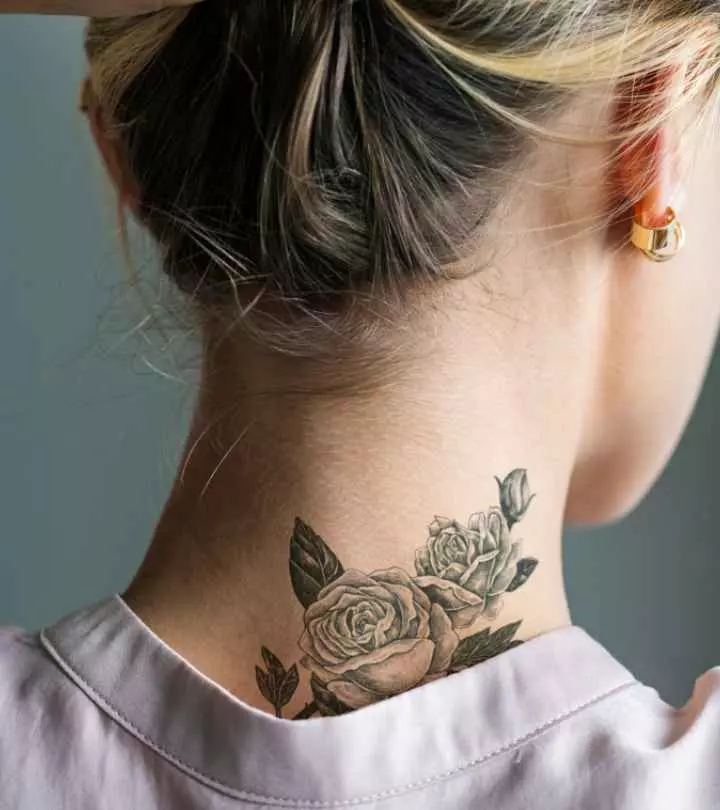
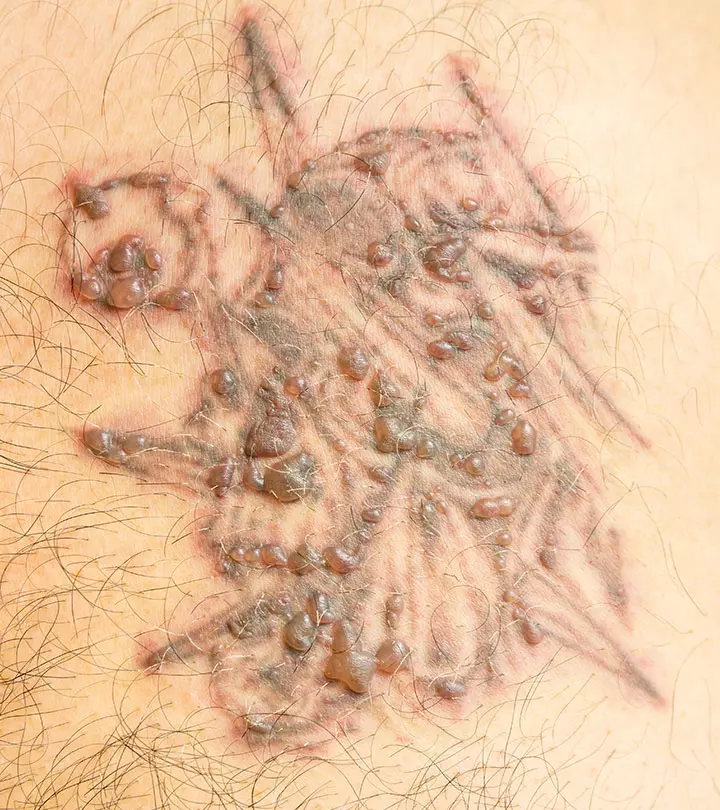

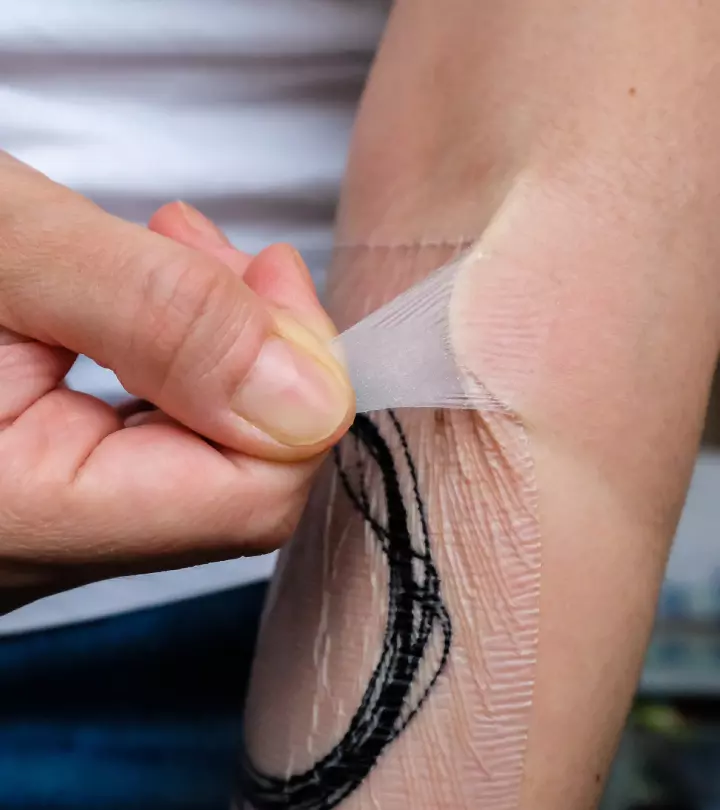

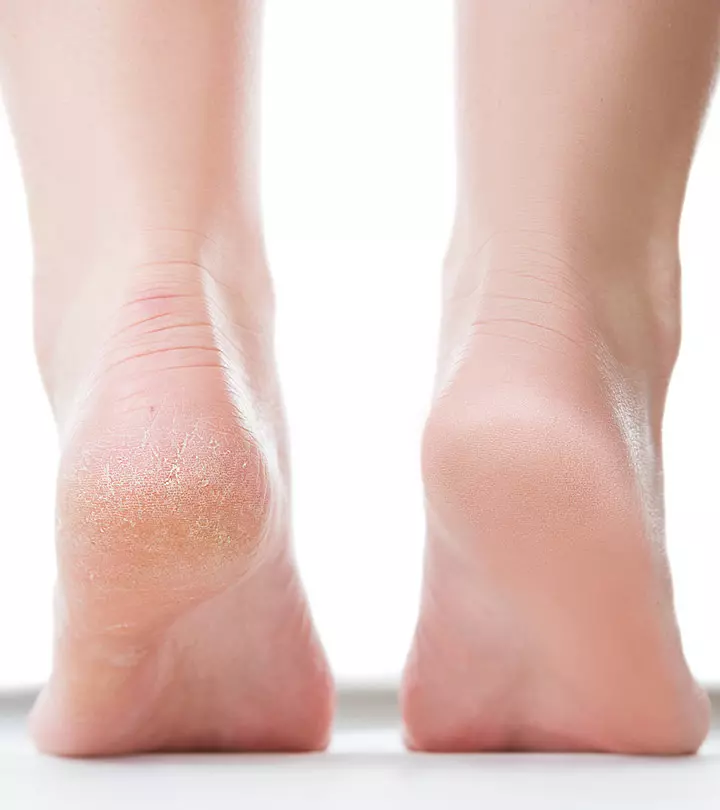

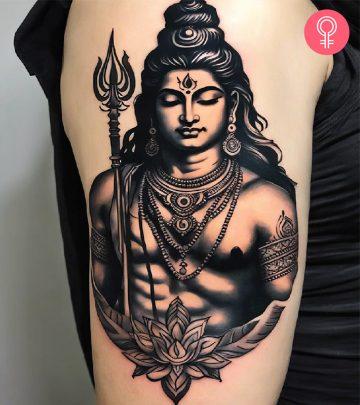
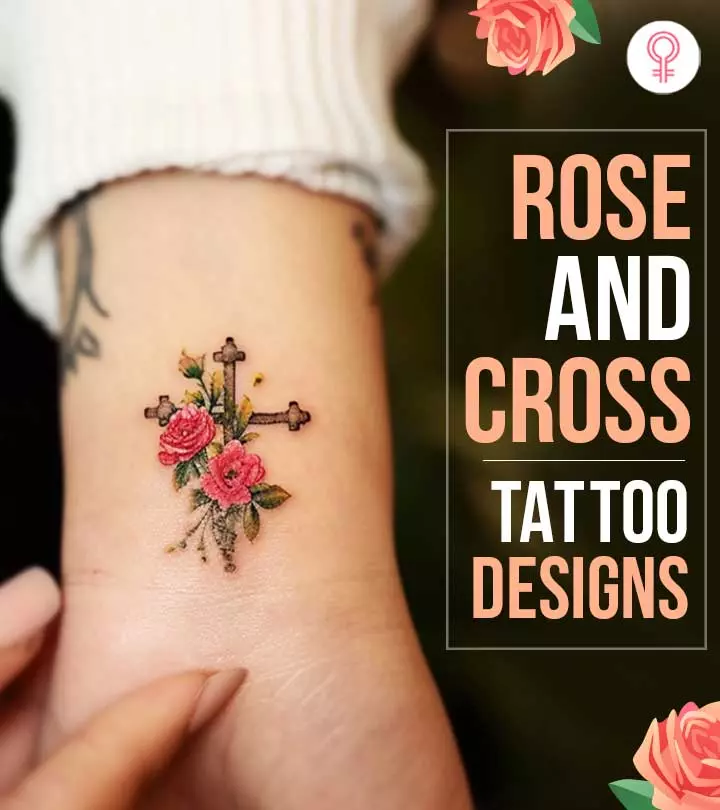
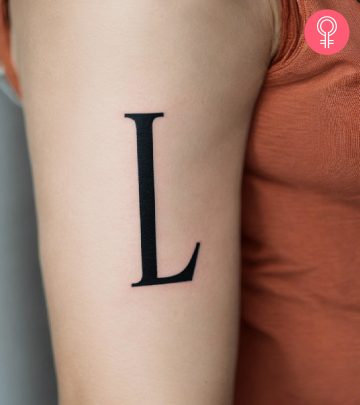


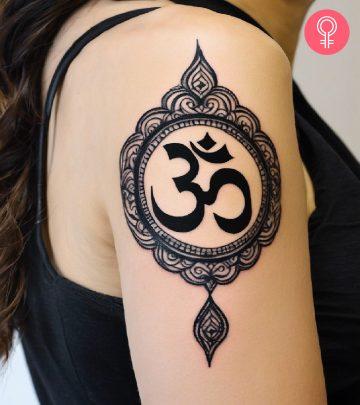


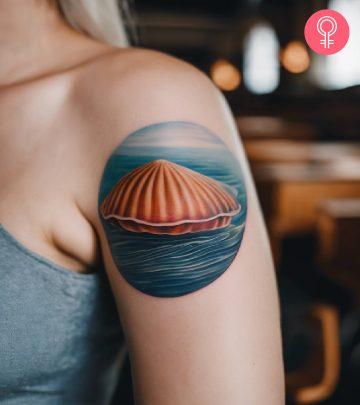
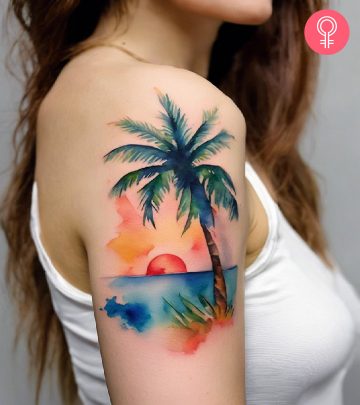
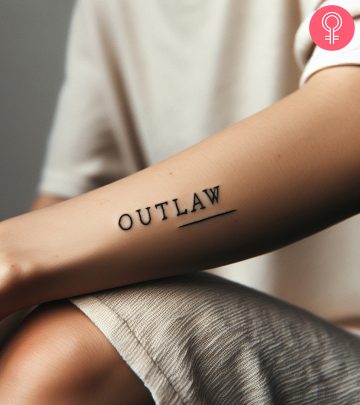
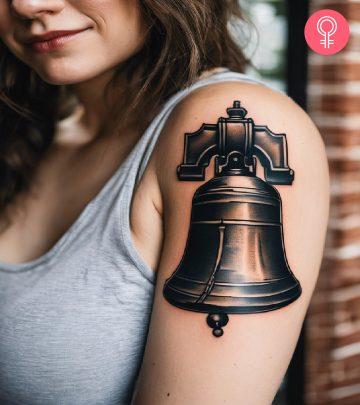
Community Experiences
Join the conversation and become a part of our empowering community! Share your stories, experiences, and insights to connect with other beauty, lifestyle, and health enthusiasts.